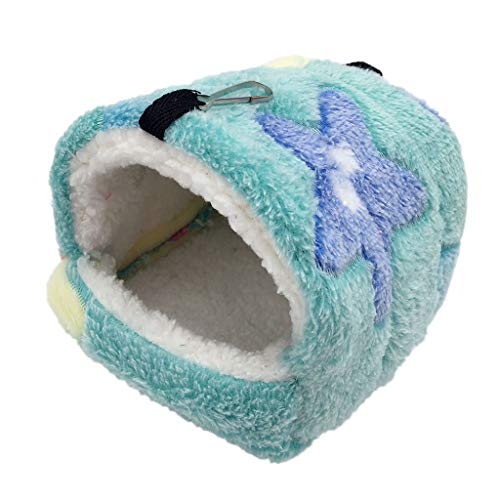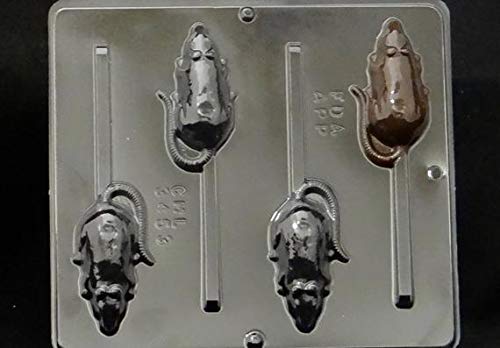Dazzle87 said:
MissGuardian said:
Sorraia said:
So out of curiousity - what is the opinion of outcrossing, linebreeding, and inbreeding in your country? Do these few breeders use these methods? Why or why not?
That I dont really know, because first of all, I don't really know what it means.. Inbreeding itself is generally not done, but other than that I do not know. A big part of the problem here, is rats that are inbred that were bred at some point I think.. But I do not KNOW this.. Almost all pet store rats are from a breeding mill in Sweden.. I think it was when they started the rats gor worse.. It seems like it anyway..
Inbreeding is breeding closely related rats, line breeding is breeding related rats but not say mother to son. Rats actually have a high tolerance for inbreeding. Inbreeding brings out more of the traits the rat has. In pet store rats this is bad because they have a lot of bad traits that will be brought out. With well known rats, this can be good, as it can bring out the good traits (bad too) and so lets you know what you are working with. It brings out recessives that you otherwise could have go undetected for generations. It is a common misconception that inbreeding is bad. Rats have an incredibly high tolerance to it. If you don't line breed at all you'll have no idea what genes you are working with, and therefore can't work on health.
If I garbled this sorraia will correct me LOL.
ETA this is also how US breeders use their own rats for the most part (outcrosses are done occasionally). They use the rats they keep from each litter, health and temperament providing. So long as they aren't breeding litter after litter, or producing rats they can't find homes for, their numbers can stay quite manageable.
This. :thumbup:
Inbreeding and linebreeding are really useful tools for a breeder (rat breeder in particular - in other species distant linebreeding works better where there is not a high tolerance for close inbreeding). It really does help bring out anything and everything - good and bad - in the line. By bringing it out, you know exactly what you are working with and can select against it, while also selecting for the good. You see the good and the bad, right there out in the open in front of you. If you can't see it (even though it is there, lurking in the background), you really can't select for or against it.
It can be tricky and difficult at first though - depending on the lines, you WILL see things coming out that you may or may not have expected. This is why a LOT of breeders don't do it - they don't like seeing it. Unfortunately, that also means they will spread it (whatever "it" is) EVERYWHERE instead of isolating it and eliminating it (or isolating it and keeping it - depending on whether it is good or bad).
As a simple example - in linebred/inbred litters, I have seen and heard of recessive traits, such as colors or even hairless (true hairless, not double rex) "randomly" pop up after being hidden for generations. Those recessive genes were always there, being spread everywhere, but since they were recessive, they were able to stay hidden while they spread, until two of those recessives genes met up and were able to express themselves.
Many health issues are not simple single-gene dominant/recessive traits. Many are in fact polygenic (multiple genes involved), partially dominant, or influenced by other genes and factors. These facts actually make it harder to select for health using outcrossing - by outcrossing you keep the gene pool dilute. If you have 3 genes that will work together to make a super-healthy rat, inbreeding/linebreeding will help bring those genes together. Once you have them together, you can then select for them specifically through carefully planned inbreeding/linebreeding.
In the end, the key is *careful* and *selective*. It isn't something to be done lightly - but again breeding should NEVER be done lightly. Unfortunately too many people do not take the time to understand genetics (at least not beyond simple single-gene dominant/recessive), or how these tools work, and simply do not know HOW to make the right selections.











































